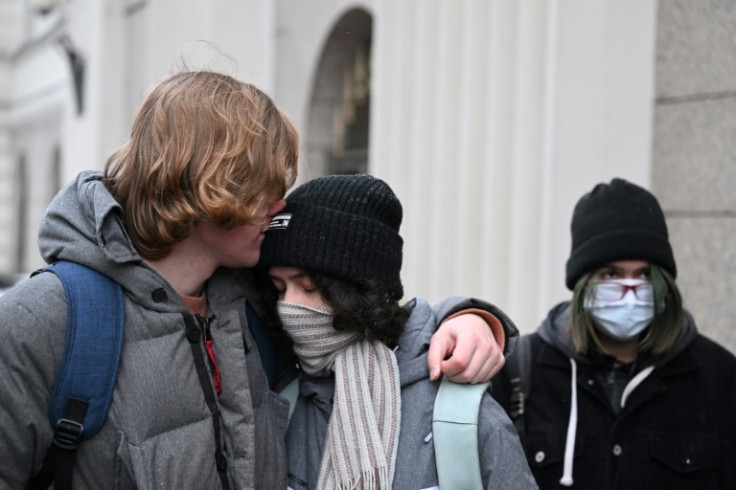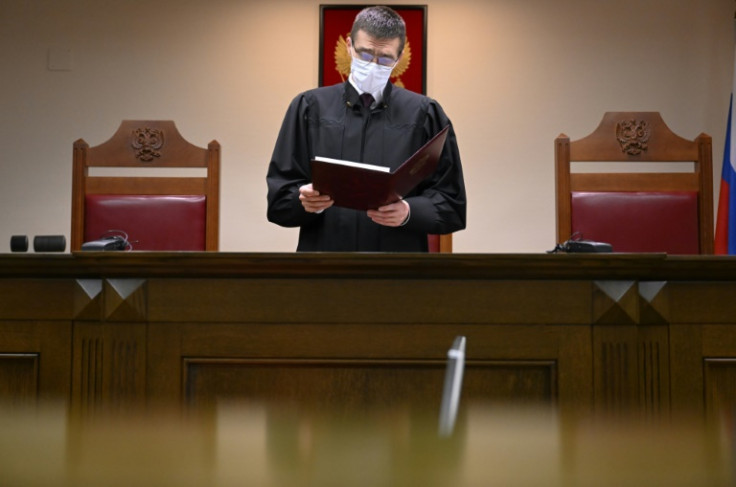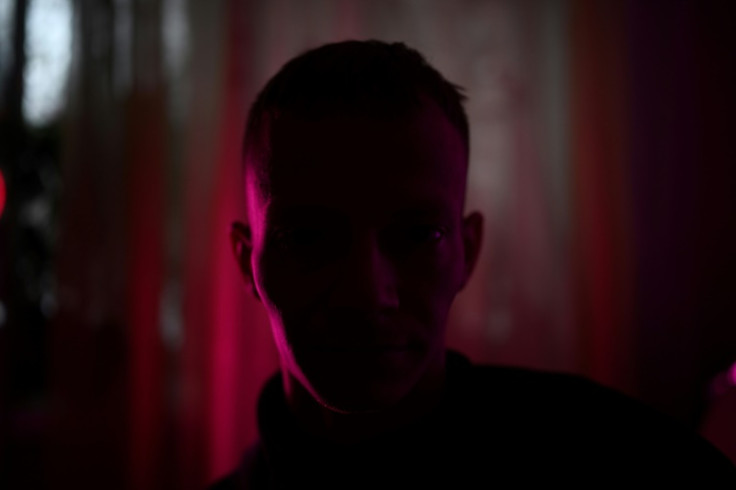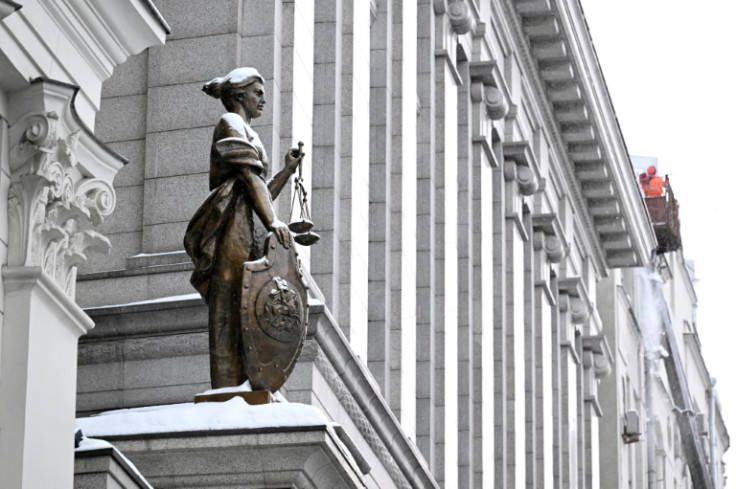Russia Bans 'International LGBT Movement' For 'Extremism'
Russia on Thursday banned the "international LGBT movement," claiming it was an extremist group in a move that cements a long crackdown on the community as the Kremlin pushes ultra-conservative social values.

Russia on Thursday banned the "international LGBT movement," claiming it was an extremist group in a move that cements a long crackdown on the community as the Kremlin pushes ultra-conservative social values.
The conservative turn promoted by President Vladimir Putin -- often portrayed as an existential fight against Western liberal values -- has accelerated since the offensive in Ukraine.
The supreme court handed down the ruling in Moscow on Thursday, AFP journalists in court reported.

It did not say whether certain individuals or organisations would be affected by the ruling.
Judge Oleg Nefedov ruled that "the international LGBT public movement and its subdivisions" were extremist, and issued a "ban on its activities on the territory of Russia".
The hearing took place behind closed doors and without any defence present.
Fewer than 10 people had gathered outside the court.
"I hoped more people would come (to show support), but very few people came," said Ada Blakewell, a journalist.
"It shows how scared everyone is... to talk about anything related to LGBTQ people."
The judge said the order should be executed immediately -- though some rights NGOs said there would be bureaucratic delays.
"It's causing a huge panic, because it's completely unclear who will be prosecuted under this ban," Noel Shaida, the head of communication at LGBTQ rights NGO Sphere Foundation, told AFP.
If applied to individuals, the "extremist" label means gay, lesbian, transgender or queer people living in Russia could face years in jail.

It also opens the way to the criminal prosecution of any group protecting the rights of these communities in Russia.
Human Rights Watch said the decision was "jeopardising all forms of LGBTQ rights activism" while the UN deplored the move.
Maxim Olenichev, a lawyer with Pervy Otdel, which helps victims of repression in Russia, warned of criminal cases to "create a climate of fear."
The ban means "complete censorship and probably difficulties in providing assistance, because we will have to go underground," Shaida, 27, said.
Most of her team has left Russia to coordinate support from relative safety abroad, as have other rights organisations since the beginning of the offensive in Ukraine.
The conservative turn in Russia accelerated since the Kremlin launched its Ukraine offensive and as a 2024 presidential election -- expected to prolong Putin's rule until at least 2030 -- looms.
Tanya Lokshina, associated director at Human Rights Watch Europe and Central Asia division, said the ban is "meant to increase the scapegoating of LGBT people to appeal to the Kremlin's conservative supporters before the March 2024 presidential vote."
Last December, Putin widened the 2013 law to criminalise any positive public mention of LGBTQ people or relationships.
In July this year lawmakers then banned medical intervention and administrative procedures that allowed people to change gender.
Shaida said authorities want to "divert attention from the war, the failures in the war."
And as the Kremlin often paints the military operation in Ukraine as a fight against liberal "decadent" values, Shaida believed Moscow passed the ban to further distance itself from the West.
"One day it will be over but for now we need to try to continue to live and save ourselves," the Feminist Anti-War Resistance, which denounces Russia's military offensive in Ukraine, said on social media in response to the verdict.
Conservative officials rushed to praise the change.
Lawmaker Pyotr Tolstoy said "this is a historic event, because our country has encroached on the most 'sacred' thing that exists in the liberal world."
In his latest homophobic diatribe on social media, Tolstoy called "LGBT" a "well-organised project to undermine traditional societies from within."
The Orthodox Church -- headed by Putin ally Patriarch Kirill -- welcomed the move.
"It's a form of moral self-defence of society," said Vakhtang Kipshidze, an official for the Moscow Patriarchate.
In Muslim-majority Chechnya -- ruled by Ramzan Kadyrov, who claims the region is exclusively heterosexual -- officials also praised the move.
"Russia has shown once again that neither the collective West nor the United States will deprive us of the most important thing of all: a religious and national identity," said minister Akhmed Dudaev.

© Copyright AFP 2025. All rights reserved.





















